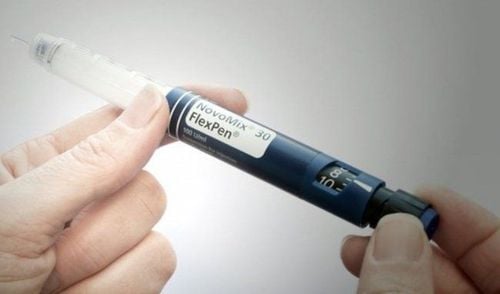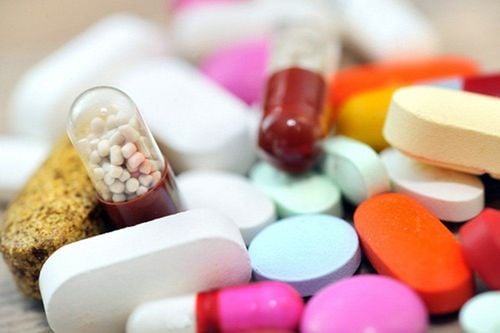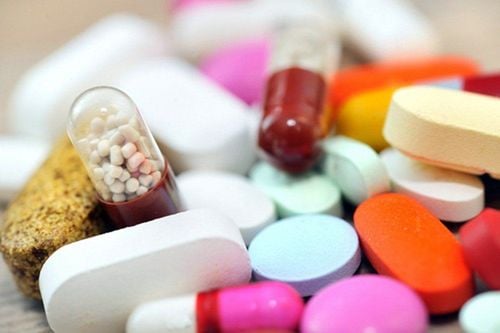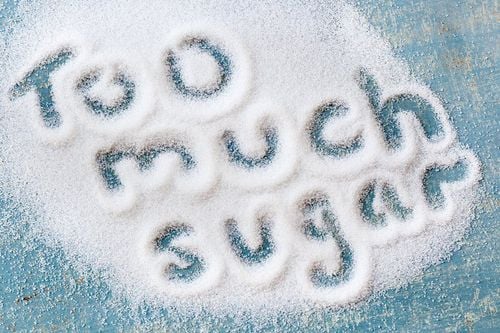This is an automatically translated article.
Diabetic hypoglycemia occurs when a person with diabetes does not have enough sugar (glucose) in the blood. Glucose is the main source of fuel for the body and brain to function.
1. Symptoms of Diabetic Hypoglycemia
Low blood sugar (hypoglycemia) means a blood sugar level below 70 milligrams per deciliter (mg/dL), or 3.9 millimole per liter (mmol/L). Blood sugar can be raised quickly by eating or taking a sugar supplement such as glucose tablets or fruit juice.
1.1 Initial symptoms
Early symptoms of diabetic hypoglycemia include:
Tremor; Dizzy; Sweat; Hungry; heart palpitations; Inability to concentrate; Confusion; Irritability or moodiness; Worry or nervousness; Headache.
1.2 Nocturnal signs and symptoms
If diabetic hypoglycemia occurs while you are sleeping, symptoms include:
Wet blankets, sheets or nightwear from spillage; Nightmare; Fatigue, irritability, or confusion upon waking;

Hạ đường huyết tiểu đường xảy ra khi đang ngủ gây nên tình trạng gặp ác mộng
1.3 Serious signs and symptoms
If diabetic hypoglycemia is not treated, severe symptoms of hypoglycemia can occur, which include:
Difficulty moving; Inability to eat or drink; Muscle weakness; Difficulty speaking or speaking slowly; Blurry or double vision; Sleepy; Confusion; Convulsions; Unconscious; Dead. Symptoms can vary from person to person or transition from one stage to another. Some people don't have any noticeable symptoms. So it's important to monitor your blood sugar regularly and keep an eye on how it feels when your blood sugar is low.
Hypoglycemia if left untreated can lead to serious problems such as seizures or unconsciousness and requires urgent care. If a person is losing consciousness or is unable to swallow glucose due to low blood sugar.
Do not inject insulin, as this will cause blood sugar to drop further. In that case, inject glucagon, a hormone that stimulates the release of sugar into the bloodstream, or call emergency services for immediate treatment. If symptoms of low blood sugar appear several times a week or more, get checked out and the dose of your diabetes medication may need to be changed.

Co giật có thể xảy ra khi hạ đường huyết không được điều trị sớm
2. Causes of diabetic hypoglycemia
Low blood sugar is quite common in people taking insulin, but it can also be a result of taking certain diabetes medications. Common causes of diabetic hypoglycemia include:
Taking too much insulin or diabetes medication; Not eating enough; Postponing or skipping meals; Exercise/physical activity a lot without eating enough; Drink alcohol.
3. Regulate blood sugar
The hormone insulin lowers blood sugar. People with type 1 or type 2 diabetes need insulin to control blood sugar. But taking more insulin than needed can cause blood sugar to go too low and lead to hypoglycemia.
Blood sugar can also drop too low if, after taking diabetes medication, you eat less than usual (most of the body's glucose comes from food) or if you exercise more than usual without no extra glucose is used. Maintaining a balance between insulin, food, and activity isn't always easy, but it's still doable to prevent low blood sugar.
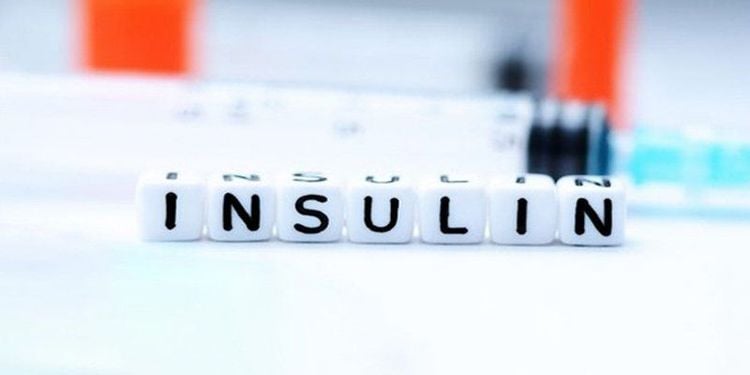
Insulin dùng để kiểm soát lượng đường trong máu
4. Risk factors for diabetic hypoglycemia
Some people have a higher risk of diabetic hypoglycemia than others:
People who use insulin; People taking certain oral diabetes medications (sulfonylureas); Young children and the elderly; People with impaired liver or kidney function; People with diabetes for a long time; The person does not feel symptoms of low blood sugar (hypoglycemia unawareness); Users of multiple drugs; People with disabilities that block a rapid response to a drop in blood sugar; Alcohol drinker.
5. Complications of diabetic hypoglycemia
If symptoms of hypoglycemia are ignored for too long, it can lead to loss of consciousness, as the brain needs glucose to function. It is important to recognize the signs and symptoms of hypoglycemia early, because if left untreated, hypoglycemia can lead to symptoms such as:
Seizures Loss of consciousness Death
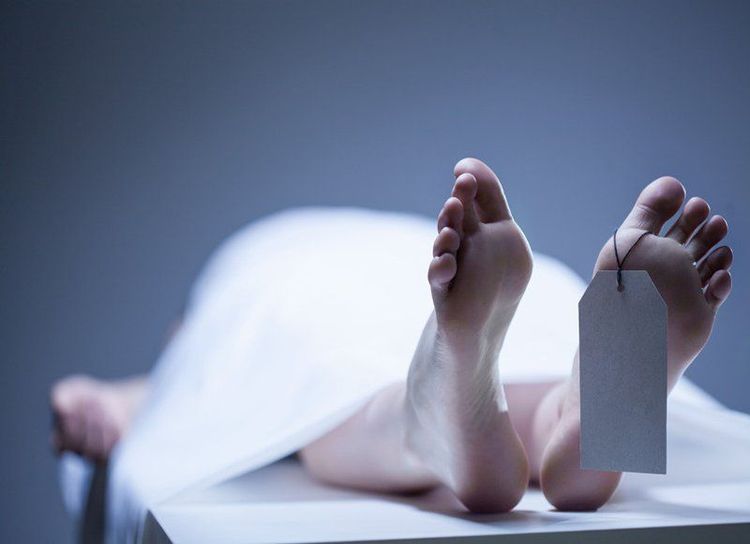
Biến chứng hạ đường huyết tiểu đường có thể dẫn đến tử vong
6. Prevention of diabetic hypoglycemia
To prevent diabetic hypoglycemia, we need to do the following:
Monitor blood sugar. Depending on your treatment plan, check and record your blood sugar levels several times a week or several times a day. Careful monitoring is the only way to ensure that blood sugar levels remain within the normal range. Don't skip or delay meals or snacks. If taking insulin or oral diabetes medication, be consistent about the amount and timing of meals. Take your medicine carefully and take it on time. Take medication as recommended by your doctor. Adjust medication or eat more snacks if physical activity is increased. Adjustment depends on blood sugar test results, type, length of operation, and medications being taken. Drinking alcohol on an empty stomach can cause low blood sugar. Alcohol can also delay hypoglycemia several hours later, so it's even more important to monitor your blood sugar levels. Record low glucose responses. This can help you identify the causes that contribute to low blood sugar and find ways to prevent them. Bring some supplies so you can be identified as a diabetic in an emergency. Because in that case, others will know that you have diabetes and intervene accordingly. Diabetic hypoglycemia, if not treated promptly, can cause many dangerous complications. People with diabetes should actively check and monitor their blood sugar levels closely. The best way to protect your health is to have regular health check-ups at reputable and quality medical facilities.
Currently, Vinmec International General Hospital has general health checkup packages suitable for each age, gender and individual needs of customers with a reasonable price policy, including:
Health checkup package Diamond Health Checkup Package Vip General Health Checkup Package Special General Health Checkup Package Comprehensive General Health Checkup Package Standard General Health Checkup Package Patient's examination results will be returned to your home. After receiving the results of the general health examination, if you detect diseases that require intensive examination and treatment, you can use services from other specialties at the Hospital with quality treatment and services. outstanding customer service.
To register for examination and treatment at Vinmec International General Hospital, you can contact the nationwide Vinmec Health System Hotline, or register online HERE.
Reference source: mayoclinic.org




